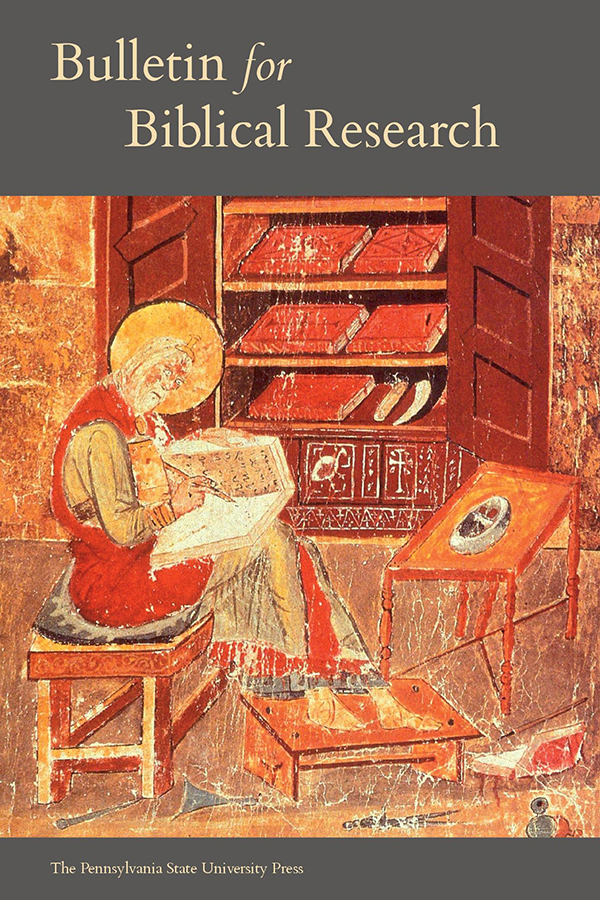https://doi.org/10.5325/bullbiblrese.34.4.0467
이 글은 예수와 그의 가장 초기 추종자들이 다윗 언약의 틀 안에서 유대교의 무상(無像)적 일신론에 대한 충성을 드러내기 위해 오직 하나님만을 “아버지”로 공경했음을 논증한다. 이는 카이사르를 pater patriae(조국의 아버지)로 기리는 로마의 경의와, 제우스/유피테르를 “신들과 인간의 아버지”로 부르는 그레코로마적 기도 관습과 대조된다. 제우스/유피테르와 카이사르에게 “아버지”라는 예우를 바치는 관행은 히브리 성경에 대한 기독교의 승인과 상충했는데, 히브리 성경에서는 제1계명(출 20:1–5)과 쉐마(신 6:4–9)의 무상적 일신론이 다윗 언약(삼하 7:8–14) 속에 표현된 하나님의 부성(父性)을 신성하게 확증하기 때문이다. 예수와 그 추종자들은 열심당처럼 무장 투쟁적 방식으로 전복적이지는 않았지만(막 12:17), 타(他) 신과 인간, 그리고 그 형상들에게 문화적으로 정당화되던 신적 영예를 부인함으로써 전복적이었다. “아버지”는 오직 하나님뿐이며, 그의 거처는 땅이 아니라 하늘에 있다. 하나님을 “아버지”로 배타적으로 섬기는 것은 하나님의 아들이신 그리스도와의 연합을 입증하는 표지였다. 그러므로 하나님의 배타적 부성은 신성불가침이었다. 본 논문은 Mary Rose D’Angelo(1992)와 Abera M. Mengestu의 그레코로마 연구를 계승하여, 지금까지 고려되지 않았던 1차 자료들을 탐구한 뒤 새로운 결론들에 이른다.
This article argues that Jesus and his earliest followers exclusively honored God as “father” to express their fidelity to Jewish aniconic monotheism within their Davidic covenantal framework in contradistinction to Roman tributes to Caesar as pater patriae and to Greco-Roman prayers to Zeus/Jupiter as “father of gods and men.” Homage to Zeus/Jupiter and Caesar as “father” conflicted with Christianity’s endorsement of the Hebrew Scriptures, where the aniconic monotheism of the first Commandment (Exod 20:1–5) and Shema (Deut 6:4–9) consecrated the fatherhood of God expressed in the Davidic covenant (2 Sam 7:8–14). While Jesus and his followers were not subversive in the militant fashion of the Zealots (Mark 12:17), they were subversive in disavowing culturally correct divine honors to foreign deities, human beings, and images thereof. God alone was “father” and his abode was in heaven and not on earth. Exclusive allegiance to God as “father” evidenced union with Christ, the Son of God. God’s exclusive fatherhood was thus sacrosanct. This article builds upon the Greco-Roman studies of Mary Rose D’Angelo (1992) and Abera M. Mengestu by investigating previously unconsidered primary sources before arriving at a fresh set of conclusions.







